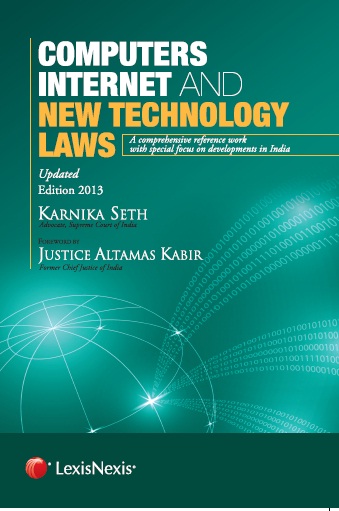Cyber Glossary
Cyberlaw dictionary is an alphabetical reference guide to technical and legal terms related to the Internet. The site you are now browsing contains over 500 definitions of words drawn from Standard Internet English including technical terms and their meanings. Our aim is to explain basic technical jargon of cyberspace to those who are not familiar with its jargon. We've given preference to terms that are widely used, like modem or bandwidth, and to those that describe new concepts specific to the Internet experience such as phishing or sexting.
Virus
a program or string of code that gets inside a computer and replicates itself often causing destruction along the way. Even if not designed for destruction, such as erasing or changing data, a virus can be dangerous because as it contin-ues to duplicate, it uses up valuable disk space until it crashes the system. Viruses can be found on any computer storage medium such as a hard disk, floppy, zip, or CD-ROM. As viruses become more widespread, prudent com-puter owners should protect themselves by installing virus scan software. These programs are designed to search the computer.s disk drives each time the ma-chine is booted and destroy any virus found. As many viruses are introduced through email (a virus cannot be introduced simply by reading an email mes-sage, only by opening attachments), users should only open attachments re-ceived from people they know, and even then, do so with caution.














